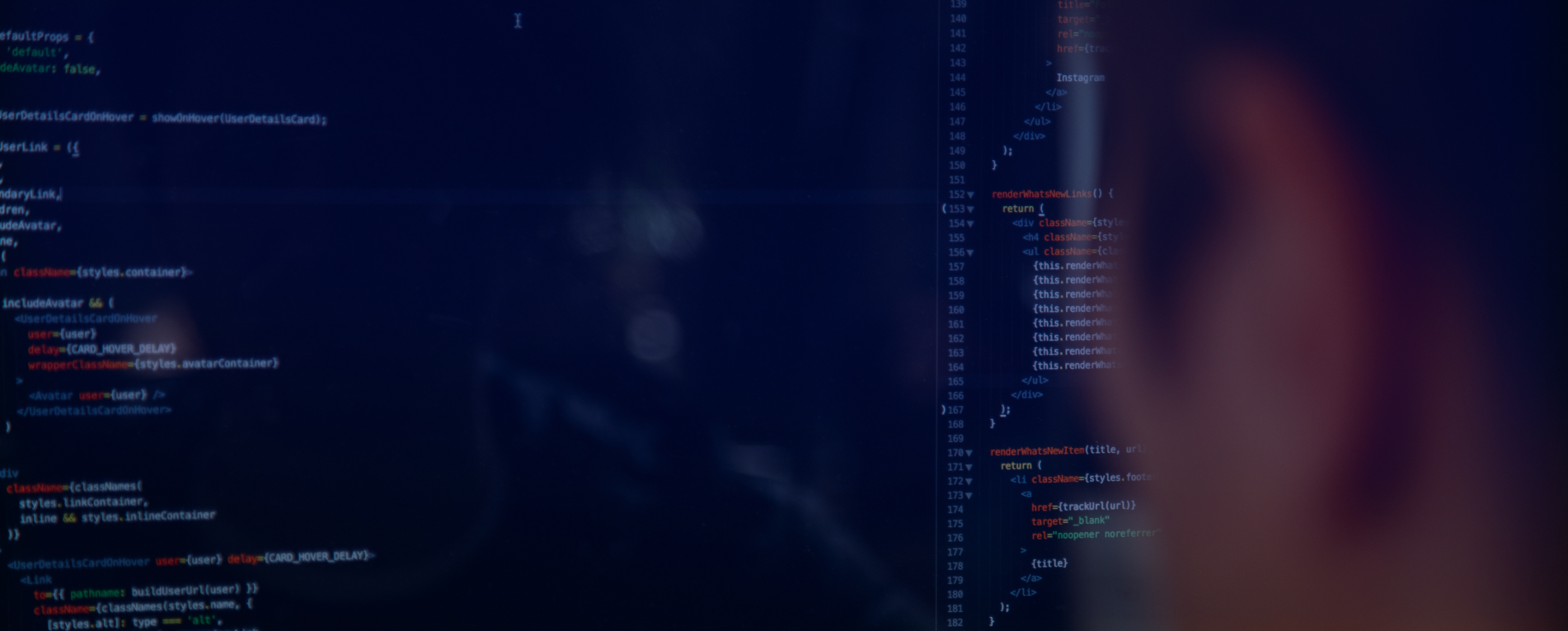Red Teaming is Crucial for Successful AI Integration and Application
AIThority, June 25, 2024
Generative AI, despite its potential, is susceptible to errors, biases, and poor judgment, necessitating rigorous testing methods. Traditional testing falls short due to AI’s unpredictable nature, leading to the adoption of advanced strategies like red teaming. Red teaming simulates real-world attacks to reveal vulnerabilities, ensuring AI systems are secure and reliable.
By identifying risks and data leaks through adversarial testing, AI red teaming helps organizations adapt to evolving AI technology and maintain strong security protocols. This approach is crucial for safeguarding AI systems against potential threats and upholding high security standards.
Microsoft: ‘Skeleton Key’ Jailbreak Can Trick Major Chatbots Into Behaving Badly
PCMag, June 26, 2024
Microsoft recently highlighted a significant security concern in AI with the “Skeleton Key” jailbreak, which can manipulate major chatbots into behaving inappropriately. This exploit can force chatbots to generate content related to illegal activities, such as creating explosives, bioweapons, and discussing drug use. The ease with which chatbots can be tricked raises serious security and ethical issues, emphasizing the need for more robust defenses against such vulnerabilities.
Ensuring the security and safety of AI systems is crucial as they become more integrated into daily life. This incident underscores the importance of continuously improving AI security measures to prevent malicious exploits. Developers must prioritize building stronger safeguards and regularly testing AI systems to detect and address potential vulnerabilities, protecting users and maintaining trust in AI technology.
Prompt Injection Flaw in Vanna AI Exposes Databases to RCE Attacks
The Hacker News, June 27, 2024
A critical security flaw in the Vanna.AI library has been uncovered, highlighting the urgent need for robust AI safety measures. This vulnerability, identified as CVE-2024-5565, allows for remote code execution through prompt injection attacks, which manipulate the “ask” function in Vanna.AI to execute arbitrary commands. This flaw demonstrates how generative AI models can be exploited by malicious actors, bypassing safety mechanisms and posing significant security risks.
The discovery emphasizes the necessity for stringent security protocols in AI systems, particularly those interfacing with databases and executing dynamic code. Organizations must implement strong defenses and stay vigilant against evolving threats to maintain AI security and safety.
Subscribe for updates
Stay up to date with what is happening! Get a first look at news, noteworthy research and worst attacks on AI delivered right in your inbox.




